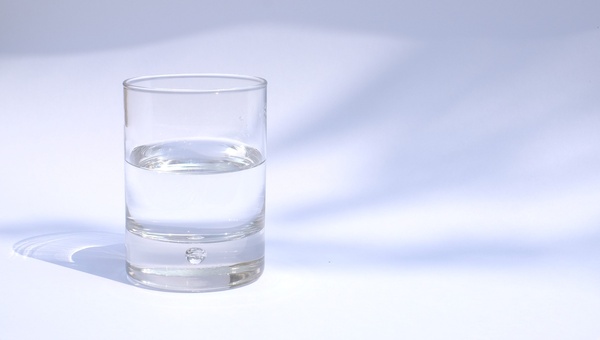How to Stay Hydrated During Intermittent Fasting

Intermittent fasting has gained significant attention for its potential health benefits, including weight management, improved metabolic health, and increased cellular repair. However, with restricted eating windows, it’s crucial to ensure you stay hydrated throughout the fasting period. Hydration plays a pivotal role in supporting your body’s functions and overall well-being. In this article, we’ll explore the importance of staying hydrated during intermittent fasting and provide practical tips to maintain optimal hydration levels while reaping the benefits of this eating pattern.
Understanding Intermittent Fasting
Intermittent fasting (IF) involves alternating periods of eating and fasting. Common IF methods include the 16/8 method (16 hours of fasting with an 8-hour eating window), the 5:2 method (eating normally for 5 days and drastically reducing calorie intake on 2 non-consecutive days), and the Eat-Stop-Eat method (24-hour fasts once or twice a week). While intermittent fasting has its advantages, it’s essential to balance the fasting regimen with proper hydration.
Read More : How to Incorporate Fermented Foods into a Plant-Based Diet
The Importance of Hydration During Intermittent Fasting
Hydration is vital for numerous bodily functions, including digestion, circulation, temperature regulation, and the transport of nutrients. During intermittent fasting, the potential for dehydration may increase due to the limited eating window. Dehydration can lead to headaches, fatigue, dizziness, and decreased cognitive function. Moreover, fasting may cause electrolyte imbalances, as minerals like sodium, potassium, and magnesium play a crucial role in maintaining fluid balance.
Tips for Staying Hydrated During Intermittent Fasting
- Start Your Day with Water: As you break your fast, begin with a glass of water to kickstart hydration. Adding a squeeze of lemon can provide a boost of vitamin C and flavor without adding calories.
- Sip Water Throughout the Fasting Period: Even when you’re not eating, it’s essential to sip water regularly. Aim for small sips to prevent discomfort and support your body’s hydration needs.
- Incorporate Hydrating Foods: Consume water-rich foods like cucumbers, watermelon, strawberries, and oranges during your eating window. These foods contribute to your overall fluid intake.
- Herbal Teas: Herbal teas are a great way to stay hydrated without adding calories. Opt for caffeine-free options like chamomile, peppermint, or ginger tea.
- Include Electrolytes: Intermittent fasting can lead to electrolyte imbalances. Consider adding a pinch of salt to your water or incorporating foods rich in potassium, magnesium, and sodium.
- Coconut Water: Coconut water is a natural source of electrolytes, making it an excellent choice to replenish lost minerals during fasting periods.
- Avoid Excessive Caffeine: While a moderate amount of caffeine is acceptable, excessive caffeine consumption can contribute to dehydration. Balance your coffee or tea intake with water consumption.
- Use a Hydration App: Smartphone apps can help you track your water intake and remind you to drink water regularly, ensuring you meet your hydration goals.
- Listen to Your Body: Pay attention to your body’s signals. If you feel thirsty, don’t hesitate to drink water, even if it’s outside your eating window.
- Hydrate Before and After Workouts: If you exercise during your fasting window, hydrate adequately before and after your workout. Replenish lost fluids and electrolytes to support recovery.
- Opt for Balanced Meals: When you break your fast, prioritize meals that contain hydrating components like water-rich vegetables and fruits.
- Monitor Urine Color: Urine color is an indicator of hydration. Aim for pale yellow urine, which suggests adequate hydration.
- Avoid Overhydration: While staying hydrated is essential, overhydration can lead to electrolyte imbalances as well. Balance your water intake with your body’s needs.
- Stay Consistent: Make hydration a consistent habit, whether you’re fasting or not. Consistency helps maintain proper fluid balance throughout the day.
Read More : Diet Tips for Advanced Prostate Cancer
Conclusion
Intermittent fasting offers an array of potential health benefits, but it’s crucial to prioritize hydration to support your body’s functions during fasting periods. Maintaining optimal fluid balance can prevent discomfort, fatigue, and potential electrolyte imbalances. By incorporating these practical tips into your intermittent fasting routine, you can strike a harmonious balance between fasting and hydration. Remember that individual hydration needs vary, so listen to your body’s cues and adjust your water intake accordingly. With mindful attention to hydration, you can reap the rewards of intermittent fasting while nurturing your overall well-being.




